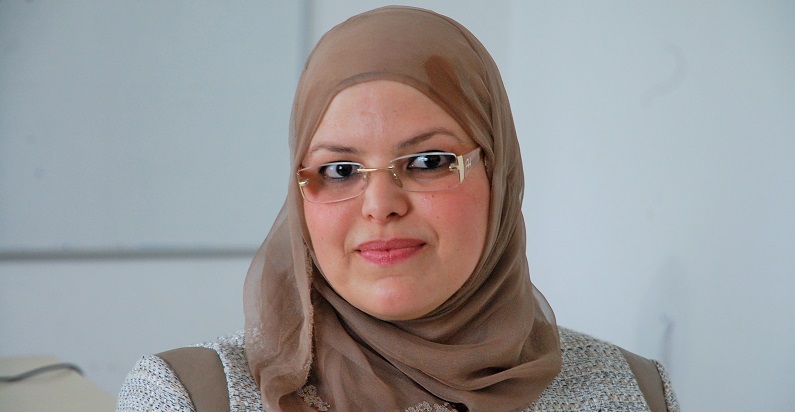THE BLOG OF THE FIIAPP. Spanish cooperation
-
27 April 2015
Category : Radio
April 26th is World Intellectual Property Day. We at the FIIAPP are marking the day by talking about the EU-financed project we are managing in Ukraine for strengthening their intellectual property system.

Since April 2014, we have been managing an EU-financed cooperation project, also referred to as a twinning, in Ukraine which aims to address the market for pirated and counterfeit goods there. The country is plagued by intellectual property crimes ranging from
-
16 April 2015
Category : Interview
We travel to Croatia to talk to Eduardo Aznar Campos, Spanish Ambassador to Croatia. This interview analyzes the role of the FIIAPP in the adhesion of this country to the European Union (2013).

“Here, it must be said, the FIIAPP played an important role through a series of projects, twinnings, technical assistance missions, that have been ongoing...”, the Ambassador comments. Discover the rest. Croatia became a member of the EU on 1st July 2013. The International and Ibe...
-
10 April 2015
Category : Opinion
Su hija nunca antes había escrito su nombre. Ahora, al menos, lo intenta. Kouser es una profesora tunecina y tiene una hija con discapacidad intelectual. Juntas han conseguido este logro después de que Kouser recibiese un curso de formación en técnicas de aprendizaje para menores con discapacidad. Una formación desarrollada bajo el marco de un proyecto de cooperación financiado por la UE y gestionado por la FIIAPP.Her daughter had never written her name before. Now, at least, she makes an attempt. Kouser is a Tunisian teacher and has a daughter with an intellectual disability. Together they achieved this milestone after Kouser received a training course on teaching techniques for children with disabilities. Training developed within the framework of a cooperation project financed by the EU and managed by the FIIAPP.

“We've seen another communication method which is very important: language with pictogrammes that lets children communicate on their own. Also adaptation activities, for example for materials: notebooks, furniture... It's the first time I've recei...
-
24 March 2015
Category : Opinion
“Public Cooperation Around the World” is celebrating one year of bringing the FIIAPP reality to 80 thousand listeners each week.

One year ago “Public Cooperation Around the World” started broadcasting on Radio 5, telling the stories of our projects, our experts on the ground and our day-to-day work to improve public systems in the countries where we work.








